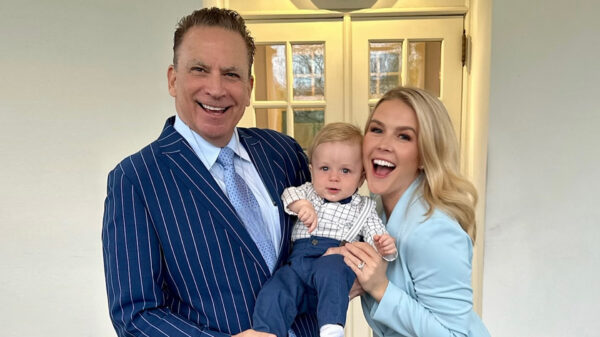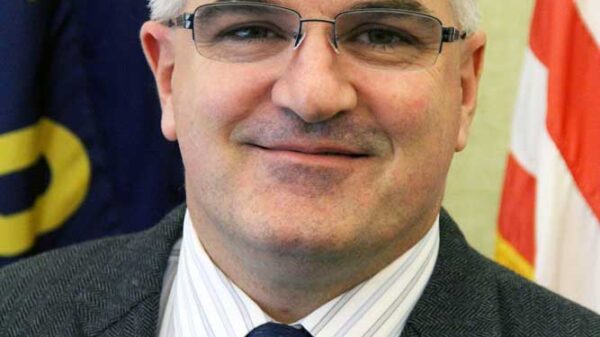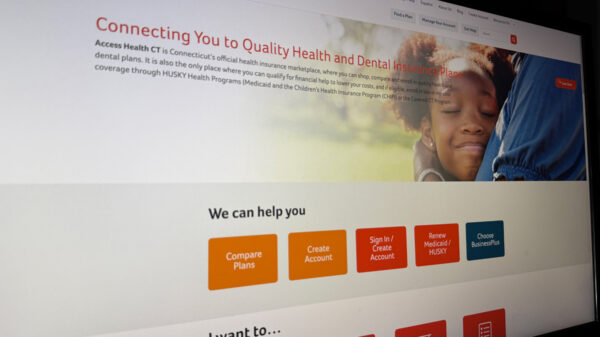In a move that has intensified the debate over vaccine policy in the United States, several leading medical organizations have filed a lawsuit against Health Secretary Robert F. Kennedy Jr. The lawsuit, lodged in a federal district court on Monday, challenges recent changes to federal COVID-19 vaccine recommendations, which the plaintiffs argue undermine public trust in vaccines.
The American Academy of Pediatrics, the American College of Physicians, and the American Public Health Association are among the groups spearheading the legal action. They contend that Kennedy’s decision to exclude pregnant women and healthy children from the COVID-19 vaccine schedule was “arbitrary” and “capricious,” violating federal laws that dictate how such decisions should be made.
Legal Battle Over Vaccine Recommendations
The lawsuit seeks to have the court overturn the changes to the vaccine recommendations and declare them unlawful. Dr. Susan Kressly, president of the American Academy of Pediatrics, emphasized the gravity of the situation, stating, “Over the past several months, experts have been sidelined, evidence has been undermined, and our nation’s vaccine infrastructure is now threatened.”
In response, Andrew Nixon, a spokesperson for the Department of Health and Human Services, asserted that “The Secretary stands by his CDC reforms.” The lawsuit was filed in Massachusetts, where several plaintiffs, including a pregnant physician identified as “Jane Doe,” have expressed concerns over the changes.
Background and Context
The controversy stems from Kennedy’s actions since taking office, which include removing the entire roster of experts from a federal vaccine advisory committee and appointing his own selections. This move has sparked widespread criticism from public health experts who argue that it disrupts the established process for making vaccine recommendations.
James Hodge, director of the Center for Public Health Law and Policy at Arizona State University, explained that the case hinges on allegations that Kennedy violated the Administrative Procedure Act. This law mandates a specific process for changing vaccine recommendations, involving the Advisory Committee on Immunization Practices (ACIP), whose original members were dismissed by Kennedy.
“The complaint makes a plausible case here that they did not follow proper procedures at all, related to ACIP recommendations,” says Hodge. “That’s where the court has to take this case seriously.”
Implications for Public Health
The implications of this lawsuit are significant, as it challenges the authority of federal health agencies to make unilateral changes to vaccine policies. If successful, the lawsuit could restore the previous vaccine schedule and reaffirm the role of expert committees in guiding public health decisions.
Meanwhile, the legal challenge highlights broader concerns about the politicization of vaccine policy. Public health experts warn that undermining established processes could erode public confidence in vaccines, potentially leading to lower vaccination rates and increased vulnerability to infectious diseases.
Looking Ahead
As the case progresses, it will be closely watched by both public health officials and the general public. The outcome could set a precedent for how vaccine policies are determined in the future, impacting not only COVID-19 vaccinations but also other immunization programs.
The court’s decision will likely have far-reaching consequences for the nation’s approach to public health and the role of scientific expertise in policy-making. As the legal battle unfolds, stakeholders on all sides will be preparing for the potential ramifications of the court’s ruling.



































































